The Aurora program is well suited to contribute to the Australian Space Agency’s strategy, specifically touching on its fourth pillar, Inspire.
“The Australian Space Agency is committed to inspiring the nation to build a future space workforce that is diverse and provides career opportunities for all Australians,” said Enrico Palermo, Head of the Australian Space Agency.
“The Inclusion Initiative Pilot Program will provide important learnings to make the space industry more accessible, aligning with the ‘Agency’s ‘Inclusive’ value, which is focused on embracing our differences and drawing strength from diversity.”
The ATSF promotes and inspires students through the idea that space is for all. Independent of backgrounds, skillsets, qualifications, whilst study is important, so too is your determination and passion for the industry.
Mr Maras from the Maras Foundation said, “there are currently 1 in 6 Australians living with a disability, including Autism, which affects 1 in 70 Australians. We have a duty to develop a supportive and empowering environment to promote inclusion and facilitate the next generations growth in a new workforce’.
Prof Andy Koronios, CEO of SmartSat CRC said “as one of the most important university-industry collaborations
in the country, SmartSat is dedicated to be supporting the growth of the industry as well as increase Australia’s space workforce. This includes Australians living with a disability of whom only 17% hold a Bachelor’s degree.”
The Andy Thomas Space Foundation, alongside supporting partners, aim to develop this initiative to a national level through the support of philanthropic and government contributions, further building the offering of the 2023 Andy Thomas Space Foundation Education Fund.


